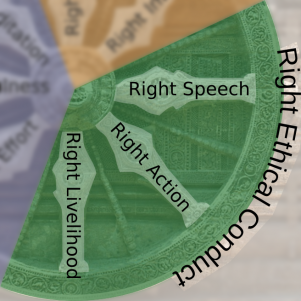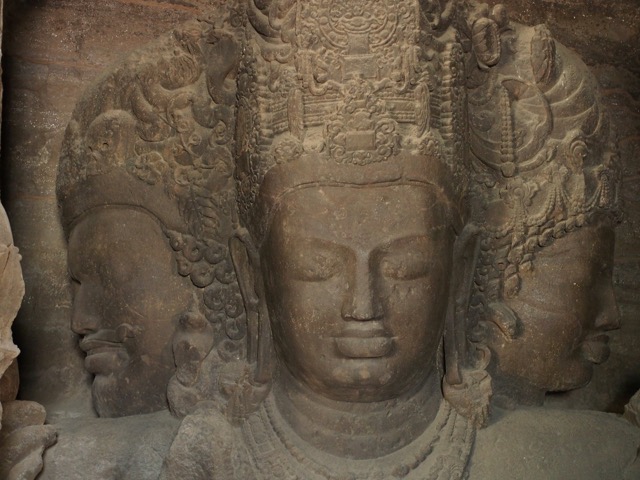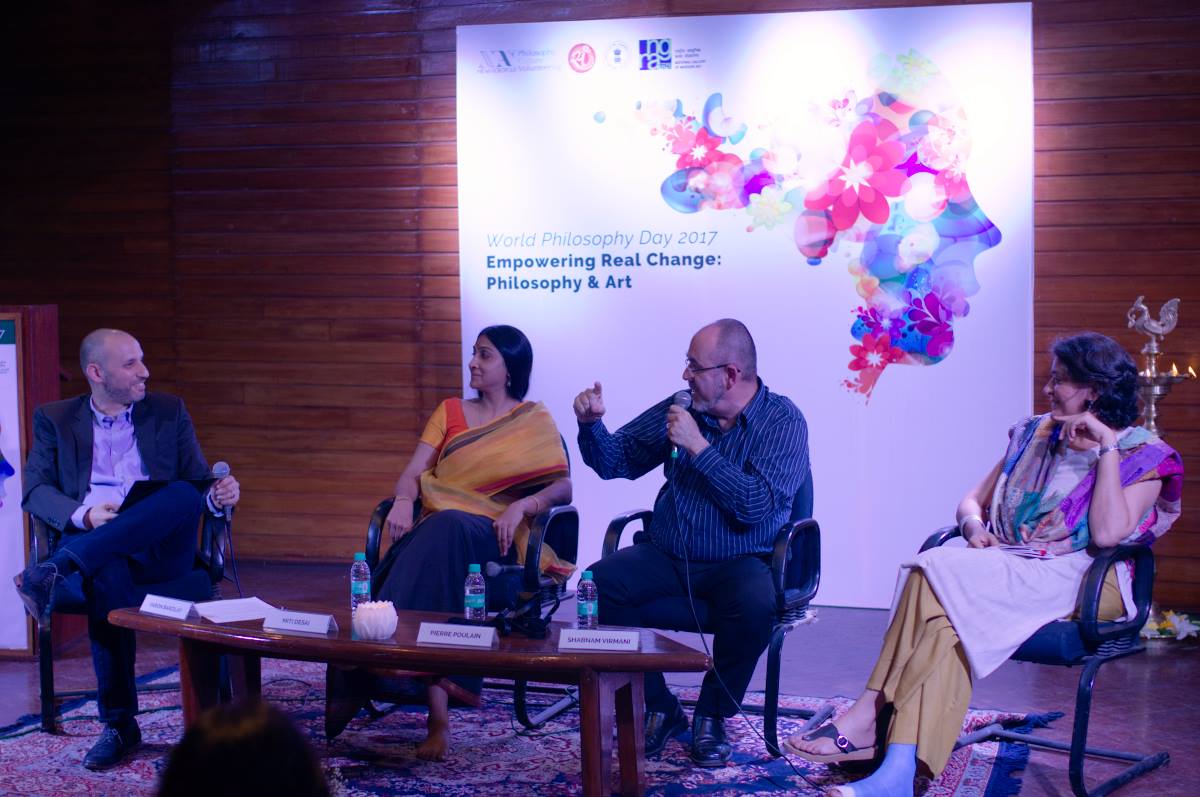Saying it Right – Doing it Right
Article By Michael Lassman
 “Sticks and stones may break my bones, but words will never hurt me” was a little ditty chanted in the school playgrounds of the 1960s as a retort from one child to another after being teased or taunted. In truth, it should have been “…but words will really hurt me” – why? Because they can and they do!
“Sticks and stones may break my bones, but words will never hurt me” was a little ditty chanted in the school playgrounds of the 1960s as a retort from one child to another after being teased or taunted. In truth, it should have been “…but words will really hurt me” – why? Because they can and they do!
Used well, words can heal, offer gentle care, understanding, show empathy and awareness, pacify a crying child and even bring peace. Conversely, language can also damage, cause pain and suffering, humiliate, foster hatred, incite violence and be a driver towards war. Too often words are used to take control, give commands, demand attention or perhaps seek supremacy over others.
With so much power to harm, it is unsurprising that Right Speech is one of the attributes of Buddha’s Fourth Noble Truth, the Eightfold Path that leads to the cessation of pain, which he found in his quest for enlightenment.
In the Tipitaka (Buddhist scripture) is found the Theragatha, a series of poems from several sources, some written during the lifetime of Buddha himself. The Subhasita, of which the following is one, are poems known for their moral and ethical advice, giving instructions in worldly wisdom and guidance to enable the making of choices towards righteous deeds.
Well-spoken
One should speak only that word by which one would not torment oneself nor harm others. That word is indeed well spoken.
One should speak only pleasant words, words which are acceptable (to others). What one speaks without bringing evils to others is pleasant.
Truth is indeed the undying word; this is an ancient verity. Upon truth, the good say, the goal and the teaching are founded.
The sure word the Awakened One speaks for the attainment of nibbana (the Path), for making an end of suffering, is truly the best of words.
In exploring further the concept of Right Speech we can gain deeper insight into its meaning and perhaps implication for us today. The Eightfold Path uses the word “right,” which is a translation from samyanc, a Sanskrit word meaning completion, or from samma, a Pali (a language native to the Indian subcontinent) word meaning perfect or ideal. Perhaps what Buddha is instructing is when speaking we must aim for Right Speech, recognising that this means it should be Complete and Perfect.
What does complete mean in this context? There seems to be a requirement to be honest and unambiguous, neither leaving the listener with any confusion about what we have said, nor with a sense that we have not told them everything. Perfect speech may be harder to achieve, as it involves responding to the sensitivities and feelings of others, ensuring that we do not cause hurt, distress or harm with our words. How easy it is to talk without thinking, uncaring about how our words are received. Much harder is the task of Right Speech; talking with care and consideration for others.
It is incumbent upon us all to think carefully about the words we use and how we use them, ensuring honesty and unambiguity, whilst also being aware of other’s sensitivities. As each individual is unique it is even more important that we spend time to build relationships with those we communicate with, so we can better understand and respond to their sensitivities.
It is hard work treading carefully on the Path to Right Speech, but nevertheless this is one of our tasks.
Image Credits: By Krisse | Wikimedia Commons | CC BY-SA 3.0
The entity posting this article assumes the responsibility that images used in this article have the requisite permissionsImage References
By Krisse | Wikimedia Commons | CC BY-SA 3.0
Permissions required for the publishing of this article have been obtained




What do you think?